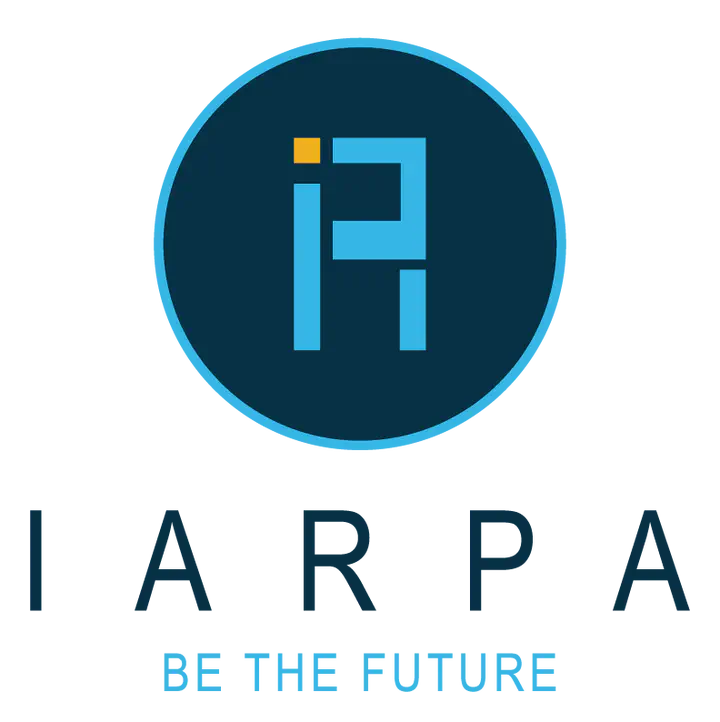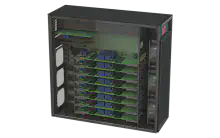Georgia Tech Awarded IARPA Contract to Evaluate Emu Technology System


Georgia Tech’s School of Computational Science and Engineering finalized a $662,525 contract for a one-year Intelligence Advanced Research Projects Activity (IARPA) grant. CSE Senior Research Scientist Jason Riedy leads the project titled, Evaluating Memory-Centric Architectures for High Performance Data Analysis, while working alongside CSE Chair David Bader and School of Computer Science Professor Tom Conte.
The IARPA funding will be used to assess the capabilities of one of the first commercially available, memory-centric architectures. It is believed the new platform – known as Emu Chick – holds promise for many applications for intelligence communities (IC).
“Deriving knowledge from massive irregular data requires random-access bandwidth scalability beyond what current computing platforms can provide. Important data analysis computations like streaming graph analysis and sparse multiliniear modeling are not well-served by current architectures,” said Riedy.
Emu Chick is an 8-node Emu computer housed in a tower case. The architecture aims to provide sufficient memory and storage bandwidth for many common data analysis applications by moving computation to data. The Georgia Tech team will evaluate this platform on its performance, usability, and scalability for high-performance data analysis.
In addition to procuring this new architecture, Georgia Tech has tools and implementations for evaluating these data analysis tasks that can be ported immediately to Emu’s Cilk dialect, these include widely used benchmarks like the Graph500, streaming graph frameworks like STINGER, and the ParTI tensor package. The team intends to compare their results on the Emu Chick with the results on other architectures including Intel CPUs and NVIDIA GPUs.
The Emu Chick will be the first member of the Rogues Gallery under Conte’s Center for Research into Novel Computing Hierarchies (CRNCH). The research of the center is focused on getting over one of the biggest hurdles facing computing today: the impending end of Moore’s Law. Novel architecture will be needed to ensure computers stay efficient and competitive in this changing landscape. The Rogues Gallery contributes to this goal by collecting the most unique hardware today, from newer machines like the Emu Chick to more common field programmable gate arrays (FPGA), so that fellow academics and industry professionals can learn and collaborate on new machines. The Rogues Gallery should be open by late fall, with CRNCH researchers also pursuing hardware related to embedded systems, neuromorphic and quantum computing